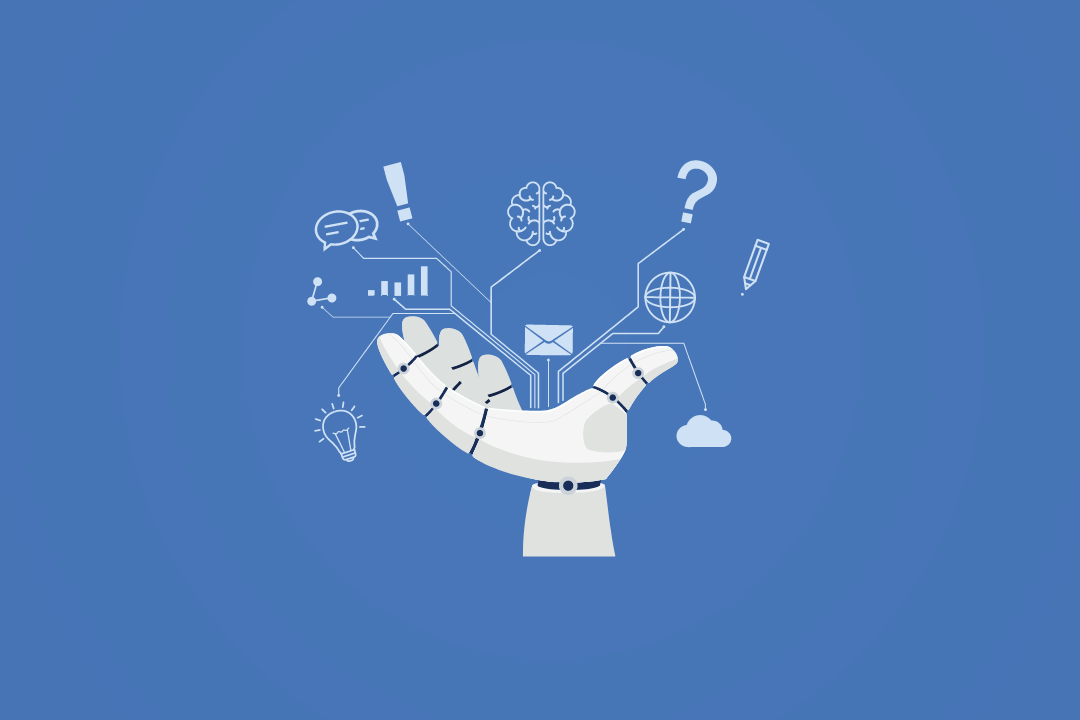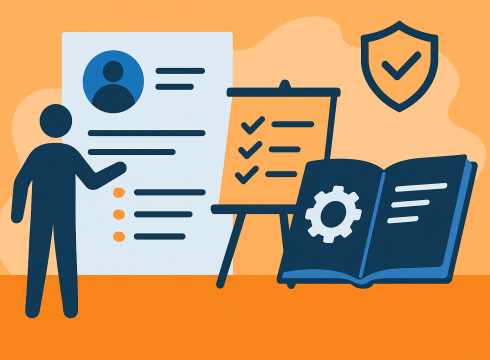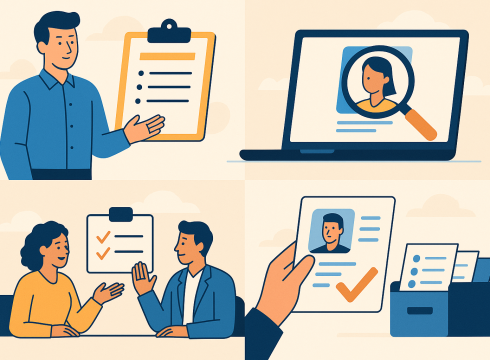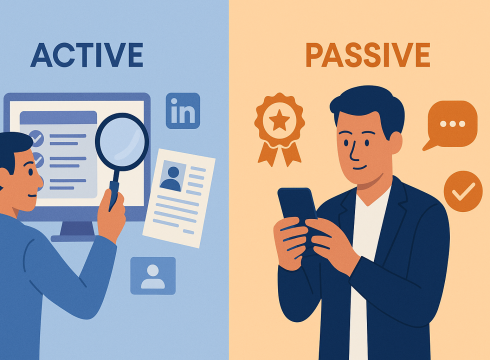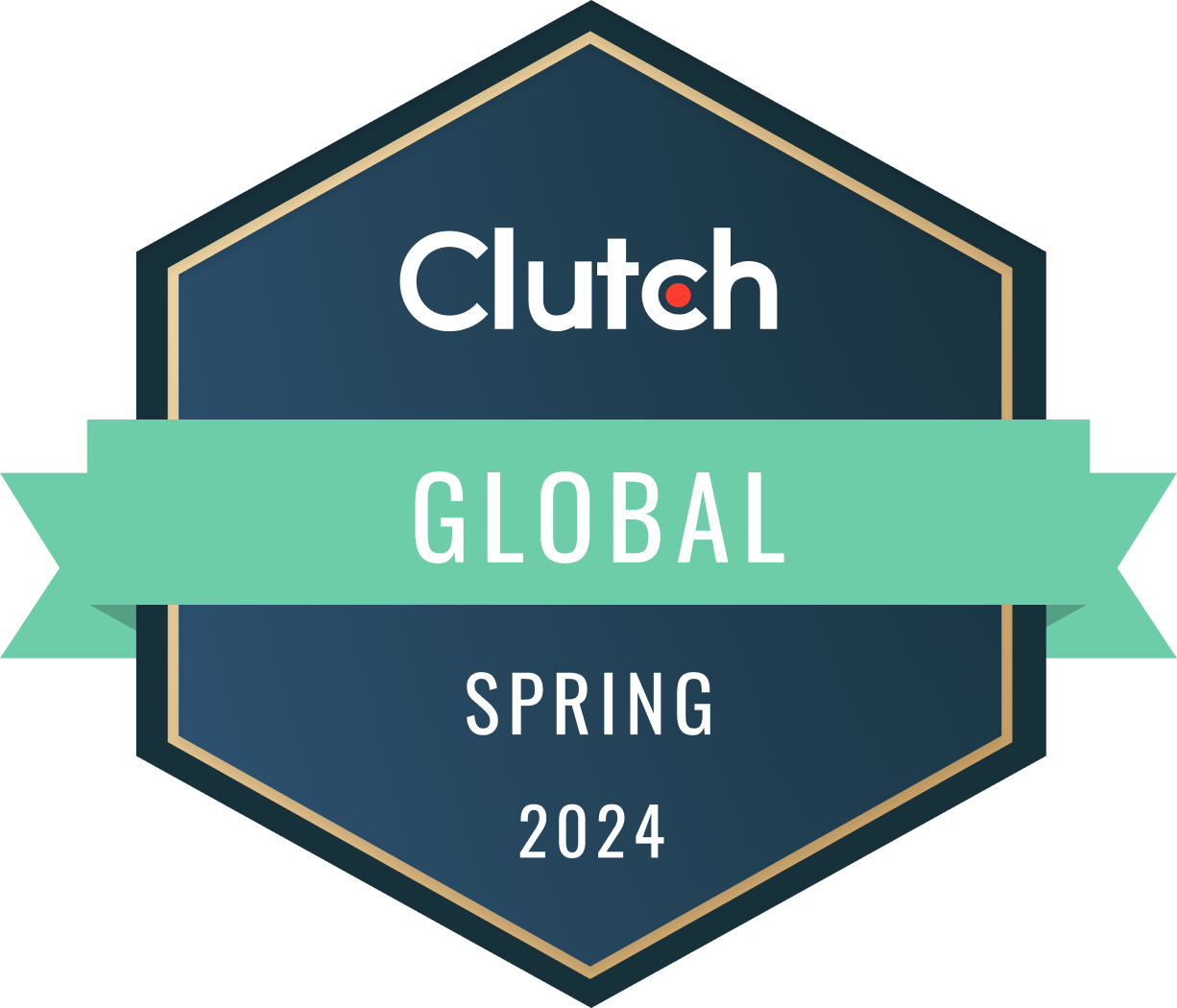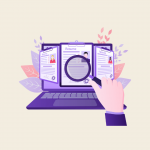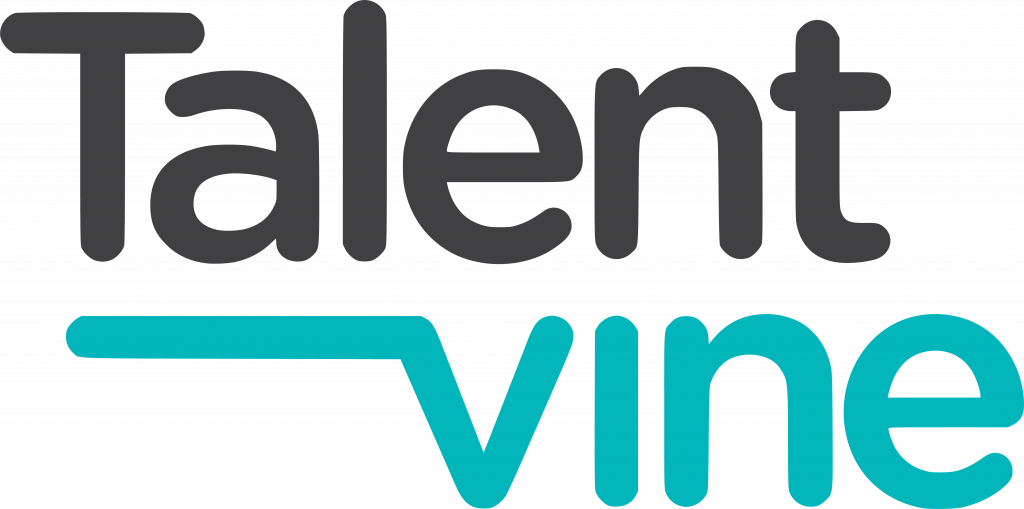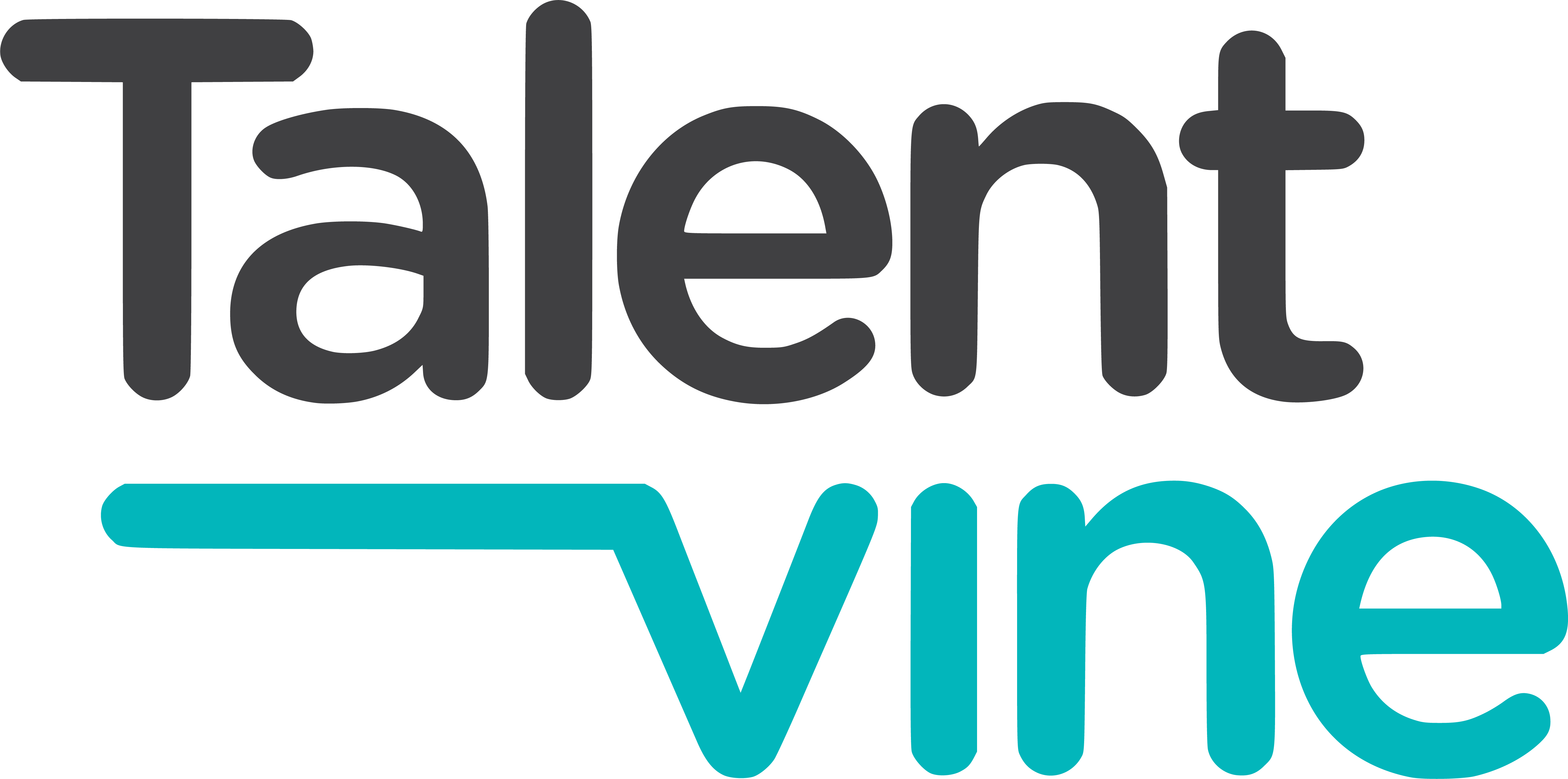Have you ever imagined a world where the recruitment process is seamless, efficient, and powered by advanced technology? Enter ChatGPT, the AI language model changing the game for HR professionals.
First things first. Could you tell that opening was not written by a human?
Artificial intelligence (AI) has been making inroads into various industries, and recruitment is no exception. The use of AI in recruitment has been growing over the years, and one of the most prominent AI technologies in the space is ChatGPT. That’s who (or what?) wrote the opening line.
It’s applications in the world of recruitment are far-reaching, and there’s no doubt that technology like this can alter the way we work and interact.
In this blog, we’ll explore how ChatGPT and AI are changing the way recruitment is done, how it can be utilised, and what some potential drawbacks may be.
What is Chat GPT?
ChatGPT is a language model developed by OpenAI that uses deep learning to generate human-like responses to text-based inputs. It has gained popularity in recent years due to its ability to generate coherent and contextually relevant responses to a wide range of questions.
In the field of recruitment, ChatGPT can be used as a valuable tool for organisations looking to streamline their recruitment process and make more informed hiring decisions. It has the potential to revolutionise recruitment by significantly reducing the time and resources required for the recruitment process, as well as reducing human bias and automating some repetitive aspects.
How can AI Tools Like ChatGPT Improve Recruitment?
Boosting candidate experience:
One of the primary ways in which ChatGPT and AI are changing recruitment is by improving the candidate experience. AI-powered chatbots can handle the initial stages of the recruitment process, freeing up recruiters’ time to focus on more complex tasks. ChatGPT can answer common questions from candidates, such as “What is the salary range for this role?” or “What is the hiring process like?” and provide them with relevant information in real-time.
Streamlining the hiring process:
Another way in which AI is changing recruitment is by streamlining the hiring process. ChatGPT can be used to pre-screen candidates, reducing the time it takes to sort through resumes and applications. AI algorithms can also be used to evaluate candidates’ qualifications and match them to job requirements, which can help recruiters make better-informed decisions.
Reducing bias:
Another benefit of AI in recruitment is that it can help to reduce bias and increase inclusivity in the hiring process. AI algorithms are designed to be objective, and by automating certain aspects of the recruitment process, AI can help to eliminate unconscious biases that may otherwise influence a recruiter’s decision-making. For example, it can ensure that job descriptions are not using coded language that may implicitly deter certain candidates.
Improving accuracy:
AI can, and in some cases already does, help to improve the accuracy of recruitment decisions by providing recruiters with more data and insights about candidates. This can include analysing written responses on job applications or during interviews, as well as analysing speech patterns and language use during video interviews. By using machine learning algorithms, insights and patterns can be extracted from this data. This can lead to better matches between candidates and job requirements, and ultimately, to better-hiring decisions.
How Can ChatGPT and AI Tools be Utilised In Recruitment?
-
Assist with Recruitment Marketing
Tools such as ChatGPT can help in the creation and execution of recruitment marketing campaigns. From generating blog articles, social media posts, graphics and even video content, AI can help streamline the process and make it more efficient, while producing high-quality content that resonates with target audiences.
-
Generate Job Descriptions
ChatGPT can also assist in the creation of job postings. By feeding the right role information to the AI to understand the requirements and qualifications for the role, these tools can then craft an attractive and comprehensive job ad.
-
Write Messages to Candidates
AI tools can be used to compose emails and letters to candidates, such as offer letters, rejection letters, and follow-up emails. By using ChatGPT, organisations can automate this process while ensuring that all communications are professional and consistent.
-
Create Candidate Summaries
Candidate summaries can be created through ChatGPT by analysing resumes, cover letters, and other candidate information. This can help recruiters quickly identify the most qualified candidates for a role, and allows them to succinctly summarise profiles to share with the employer.
-
Automate Resume Screening
AI can be used to screen resumes for keywords, qualifications, and other essential criteria. This can help recruiters quickly and efficiently identify the best candidates for a role. Many ATSs already have this functionality and the technology is improving day by day.
-
Improve Diversity and Inclusion
Finally, AI tools can also potentially be used to assist in promoting diversity and inclusion in the recruitment process. AI algorithms are designed to be objective, and automating certain aspects of the recruitment process can help to eliminate unconscious biases that may otherwise influence decision-making.
Potential Pitfalls For ChatGPT Usage in Recruitment
While ChatGPT and other AI tools have the potential to revolutionise recruitment with their automation, analysis, and filtering capabilities, there are also a few negative aspects to consider.
Biases May Still Exist
One major issue is the possibility of perpetuating biases in the recruitment process. AI algorithms are only as fair and unbiased as the data they are trained on, and if this data is biased, then the AI system will likely produce biased results. This can be particularly problematic in a field like recruitment, which is heavily focused on human interactions and relationships.
Less Human Interaction
Another potential negative of using ChatGPT and other AI in recruitment is the lack of human touch and empathy in the process. AI tools may not possess the emotional intelligence and interpersonal skills that human recruiters bring to the table, leading to a less personal and less effective messaging that impacts employer brand. Additionally, relying solely on AI tools may result in a poor candidate experience, as candidates may feel frustrated or unsatisfied with their interactions with a non-human system. The use of AI may also signal to candidates a lack of care, nuance, or empathy by not having a genuine human to interact with them.
Potential for Errors
AI tools can also sometimes produce inaccurate results and misunderstand the context and nuances of a given job or candidate. This can lead to mistakes in the recruitment process that could negatively impact both the organisation and the candidates.
In fact, we saw something very similar recently, when Google Bard, an AI search assistant, produced a factually incorrect response in promotional material.
These potential negatives highlight the importance of using AI in recruitment in a controlled manner, and regularly evaluating its effectiveness to ensure that it is not negatively impacting the human-centric nature of the field.
Final Thoughts
ChatGPT and other AI tools have the potential to greatly impact the recruitment industry. They can improve the candidate experience, streamline the hiring process, reduce bias, and provide recruiters with accurate, valuable insights.
However, while AI is a valuable tool, it is still in its early stages and has the potential to perpetuate biases if not trained on fair and unbiased data. Furthermore, nothing may ever replace the need for human interaction in an industry that is entirely human-focused. Ultimately, it is up to employers and recruiters to find the right balance between utilising AI technologies and maintaining a human touch in the recruitment process.
